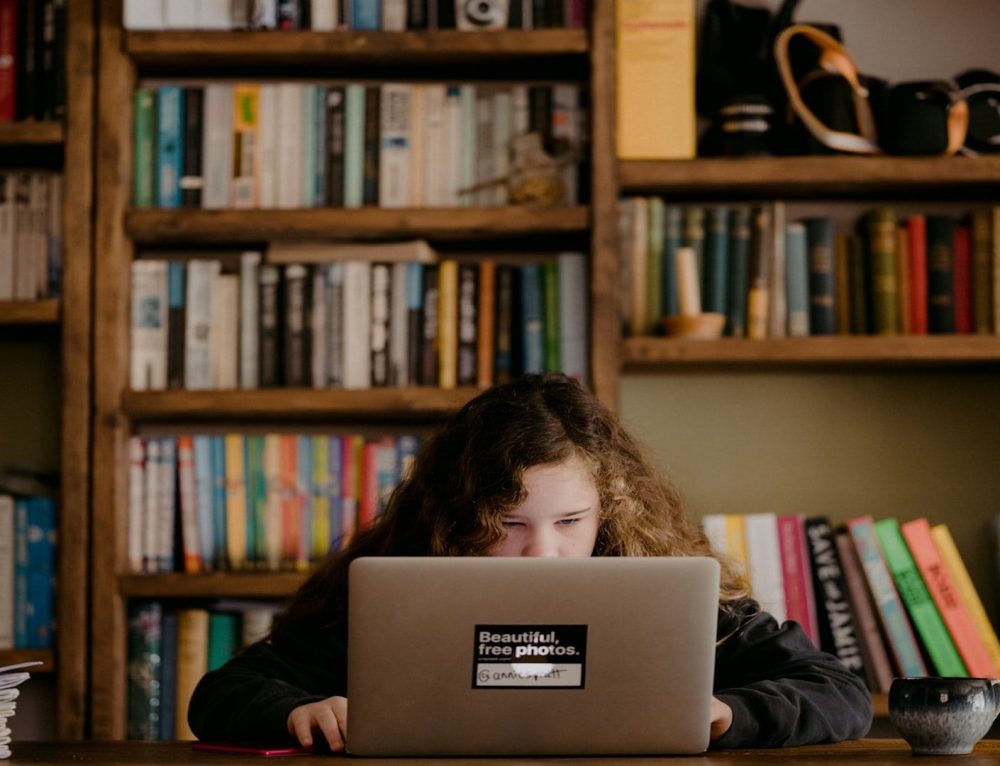Trying to educate children at home is evidencing the a lack of pedagogical training for most, poverty for many, and difficulty to communicate from a distance.
Article by · for CBC News
The current COVID-19 pandemic is certainly what one might qualify as a “wicked problem.”
A wicked problem —originally theorized in 1973 by Horst Rittel and Melvin Webber, professors of science design and city planning, respectively — is one in which there areCOVID no right or wrong answers, only better or worse. The problem crosses multiple disciplines, it can take a long time to analyze and think through, and it is often connected to other wicked problems. And the problem of this pandemic gives birth to other problems related to teaching and learning.
For parents and educators, with the suspension of classes in jurisdictions like Manitoba, or the closing of schools in others, our wicked problem is trying to educate children at home, compounded by a lack of pedagogical training for most, poverty for many, and the overall stress of ensuring that your family and community are safe.
For an educator like me, trying to communicate with learners from a distance, while still attempting to provide equitable experiences for all, is the definition of a wicked problem. And sadly, the internet and social media seem to provide a cacophony of tips and top 10 lists for parents and educators alike.
We all wish it was this easy — finding cool activities and busy work on Pinterest to occupy our children’s attention while we are scraping away on Zoom meetings, doing the best we can to be helpful, hopeful and productive.
In times like these — and there will be more — we need to step back and take a deep breath about the problem of home schooling and/or distance education. I have a wise teacher friend, Sara, who often coaches me on stopping, noticing, and wondering. (You can tell she is an outstanding kindergarten teacher.)
Community severed
What I notice first is that community will be severed. Schools create and sustain community and many of our learners will be cut off from this community.
I wonder then, how we can ensure that our learners — especially those who need the most support — are still connected to community. I wonder how those learners who depend on schools for sustenance, both caloric and existential, will cope.
I also notice that many educators have been asked by the circumstances to completely re-engineer their teaching. I am witnessing master teachers trying to reconceptualize the incredible and thoughtful planning and responsiveness they demonstrate in the classroom to the digital world.
While many are thriving, there are some who are questioning whether these two experiences can be reconciled. I wonder how realistic it is for our teachers to take a fundamental left turn in pedagogy overnight. I wonder and worry about those families who do not have access to the internet. Where the only phone is a caregiver’s cellphone with a limited data plan.
I also notice mountains of paper and workbooks flying out of photocopiers and landing at the front doors of learners. Despite our good intentions, I wonder how this can come close to the imaginative and skilled educative experiences we need, as Maxine Greene argues, to “play a part in the process of liberating and arousing.”
How can we, as educators, begin to design experiences for our kids in the coming weeks to engage learners in meaningful pursuits which build community, take the pressure off families, and support our most vulnerable learners?
A chance to reflect on experience
Because this is a wicked problem, I will not be so bold as to provide a nonsensical answer. But I have reflected on my practice and I have engaged in critical conversation with outstanding educators, learners and parents.
I have noticed many educators who still begin with the cycle of experience — that is, they still design their experiences by framing the experience, creating the concrete experience, allowing learners to reflect on the experience, and then challenging learners to apply what they have learned into different contexts.
This type of design has manifested itself in outstanding projects, which are both analog and digital in nature, which ask our learners to reflect on their experience during the pandemic. Here is an example from Seven Oaks School Division — a project that encourages learners to think historically about pandemics.
I have also witnessed educators who are developing daily check-ins with learners, be it online or on the phone. Schools are developing care packages full of food, books, maths games, and school supplies. Educators understand that good teaching requires methodical design, deep relationships, and support in many forms.
If we are going to move to better solutions to the dilemma of teaching and learning from a distance, let’s take the pressure off parents, support all families, and ensure that our design as educators is sound, intentional, and meaningful for our learners.
So here’s the rub. It’s not a top 10 list, but simply my wonderings related to how we might all support learners, educators and parents:
- Parents and caregivers: relax. Play board games. Play cards. Read books. Go play outside, if you can safely. We are not asking caregivers to instantly become educators.
- Educators: slow down. This is Week 1. What’s most important for your learners? What do they need? What are the types of experiences that allow your learners to process what’s going on in their lives, both on paper and with screens? How can we avoid busy work and move toward experiences of purpose and community? How can we be helpful to parents?
- Learners: now is your time to foster your own curiosity. Write or record your experiences every day. Take photos of your community. What do you notice? What do you wonder?
The test to see if we are attending to the needs of our learners and families is always whether they are doing their work, and not ours — so that, in the words of Martha Nussbaum, “they can call their minds their own.”
About the author(s)
This column is part of CBC’s Opinion section. For more information about this section, please read this editor’s blog and our FAQ.












